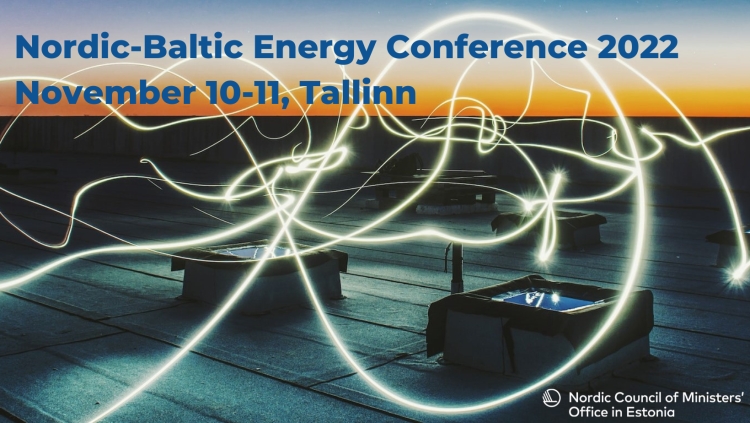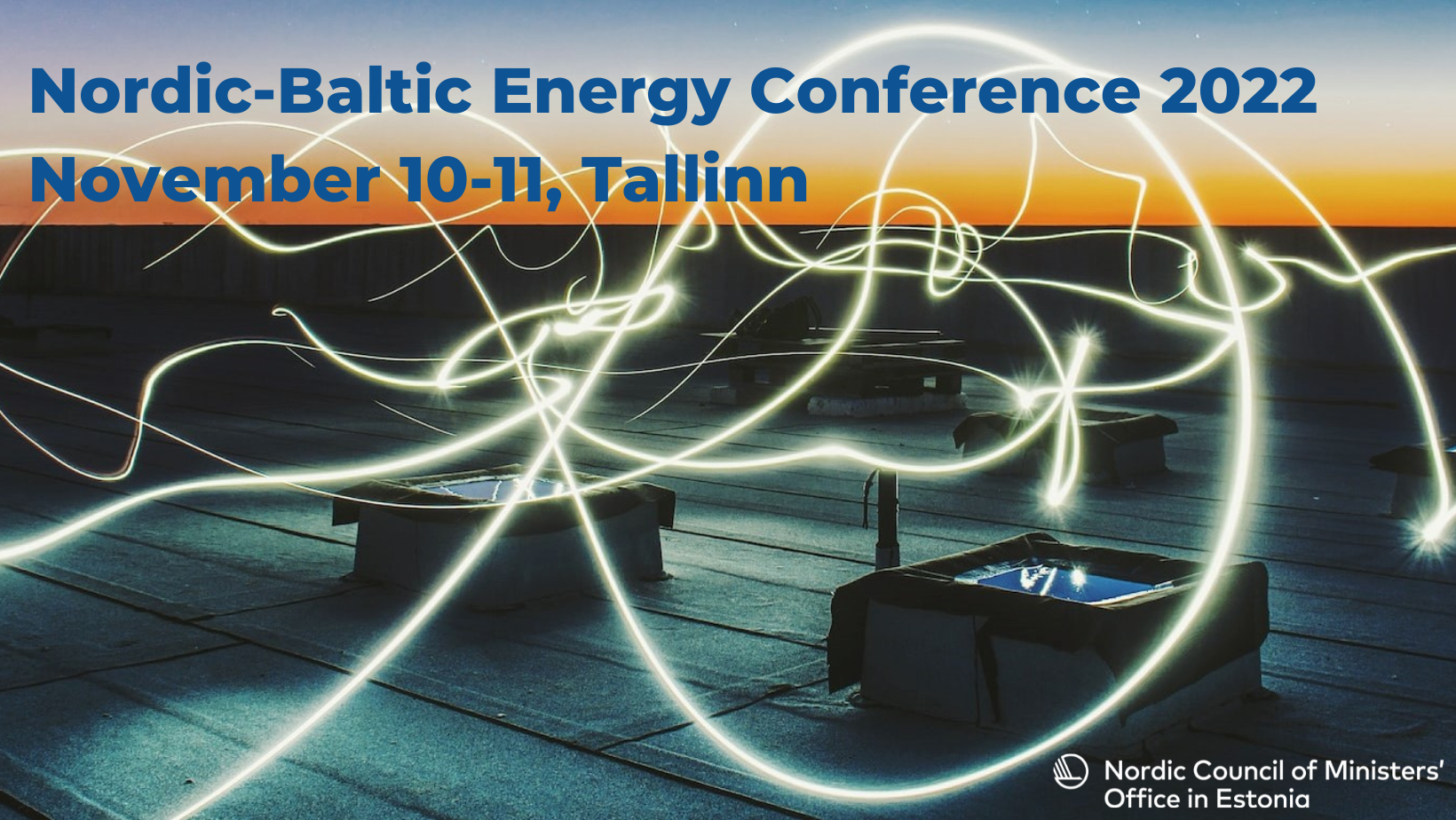10.11.22 – 11.11.22
Radisson Collection Hotel, Tallinn
Nordic-Baltic Energy Conference 2022 (NB8): Energy policies and strategies under pressure Finished


Location: Radisson Collection Hotel, Tallinn, Estonia or online
Time: 10th -11th November 2022
Organizers: Nordic Council of Ministers, Senior Energy Officials Committee in cooperation with NCM Office in Tallinn
The energy dimension of the European Green Deal could be at a crossroads where you have to fine-tune directions. The European Green Deal and Fit for 55 are now going hand in hand with strong political attention on energy security and very strong concerns about risk preparedness.
EU has decided to initiate a long range of initiatives and regulations through the “Fit for 55” package. Some of these are still in negotiations in the EU institutions. However, over the past two years unexpected events have had an impact on the public debate and also on these negotiations.
The geopolitical situation and the war have certainly had an impact on the public choices under new budgetary constraints and the consumers are faced with unprecedented price spikes both in electricity, natural gas and other energy forms. The energy policy debates within the EU will have direct impact on our region in the Nordics and the Baltics. Very few energy policy solutions can be found within a national frame only.
The European Green Deal was launched under the current Commission. Roadmaps and new legal initiatives were drawn up. Energy has been targeted as an area of great interest since a major share of emissions is stemming from production and use of energy. 55 percent cuts in 2030 and climate neutrality in 2050 are still strongly underlined.
The geopolitical shock and the consequences following from the Russian invasion in Ukraine are also influencing both electricity and gas markets and public debates.
The format of this conference is divided into three main items: price volatility, security of energy supplies and the concrete policy responses to climate change. The ambition is to encourage the policy makers and private actors to reflect in this Nordic Baltic circle on how to navigate in these more troubled seas. The Commission has recently submitted several proposal to deal with emergency challenges.
The conference is therefore a very policy relevant event sponsored by the energy cooperation within Nordic Council of Ministers (NCM). NCM has always had a proactive outreach towards the Baltics. The objective is to gather the experts and policy makers in our region, including international organisations and the EU Commission.
Conference is divided into three sessions.
See the programme here.
See the photos from the conference here.
Please watch the recordings of the conference here: